PIT Count in Greater Richmond
Homeward • Feb 06, 2020
Snapshot of the homelessness crisis and our coordinated response system
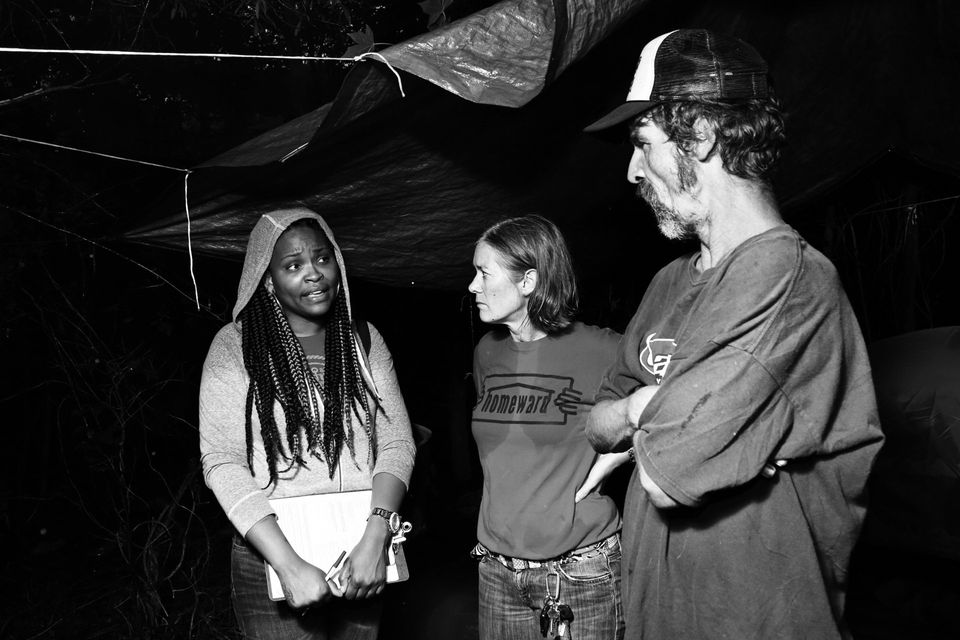
On Jan. 22 and 23, Homeward conducted the Richmond region’s part of the statewide 2020 Point-in-Time (PIT) count. The PIT count is required during the last 10 days of January of every community that receives federal funding for homeless services. Regionally, we have measured a 10% increase from our January 2019 count but are still seeing a 17% decrease since 2017 and a 52% decrease in the single-day count since the peak of the homeless crisis in 2009.
The PIT count is the primary means to collect single day information on the housing and service needs of single adults and households with minor children staying in year-round, housing-focused emergency shelters or staying in cars. What is unique about PIT is that it has a methodology that has strengths and limitations that can be identified. This allows our community to use a consistent methodology
over time. While not perfect, it is documented and comparable.
How the PIT count works
Individuals staying in shelters are counted by participating shelters in the Richmond metropolitan area. These results are reported to Homeward using a bed-count form or a database report that documents the number of people who stayed in the shelter on the evening of the PIT count.
Over a 36-hour period, people experiencing unsheltered homelessness are counted and surveyed through street outreach, a resource fair, and area meals programs conducted in the community. Volunteers offer digital questionnaires to people staying outdoors, and individuals who choose to take the survey are counted. In some cases (e.g., outreach in the counties and reports from the outlying counties), a person may be counted without being surveyed; this is a professional judgment call based on whether it is likely that the person(s) would connect to other PIT sites and resources during the 36 hours of PIT activities.
After data from the surveys is entered, it is checked for duplication based on a combination of factors including the first two letters of the person’s first name, first two letters of the person’s last name, and birth date.
A response rate for the questionnaire is calculated based on the number of adults surveyed divided by the number of adults counted. Note that while the true number of sheltered individuals is known, the true number of unsheltered individuals is not completely known. By partnering with street outreach workers, local law enforcement, and receiving input on locations of people sleeping outdoors from homeless service providers and the general public, we are confident that the count does connect with the majority of people experiencing unsheltered homelessness.
Limitations and Strengths of PIT
Limitations of the PIT count include that survey data is self-report from clients. Another limitation is that the representativeness of the sample, particularly of the unsheltered population, is not complete; however, as mentioned, using the same methodology, in the same geographic area, during the same time of year, over time allows us to evaluate whether the overall number is going up or down. Other strengths include the ability to collect timely data and participation rates in the community of service providers.
We know that the need remains high. We have developed a graphic
that puts the single-day count into context showing both the entries into our coordinated homeless services system on the day of the count and the almost 1,000 people in targeted housing programs on the day of the count.
Homeward is asking for your help in strengthening the PIT count! On Thursday, April 2nd, 6 p.m.-7 p.m., at the Richmond Main Branch Library (101 East Franklin St.) Homeward will host a PIT information and input session. The purpose of the event is to provide the public with an opportunity to gain a deeper understanding of and offer input on PIT count planning and activities. Stay tuned for the release of a PIT stakeholder survey and updates on other community feedback sessions.
Share
Tweet
Share
Mail

29 Apr, 2024
Richmond, VA – May 1, 2024 – Homeward – the planning agency for the Greater Richmond Continuum of Care (GRCoC), a network of homeless service providers that deliver coordinated and compassionate solutions to homelessness in the Richmond region – will host its annual Best Practices Conference on Friday, May 3, 2024 at The Westin Richmond hotel in Henrico County.
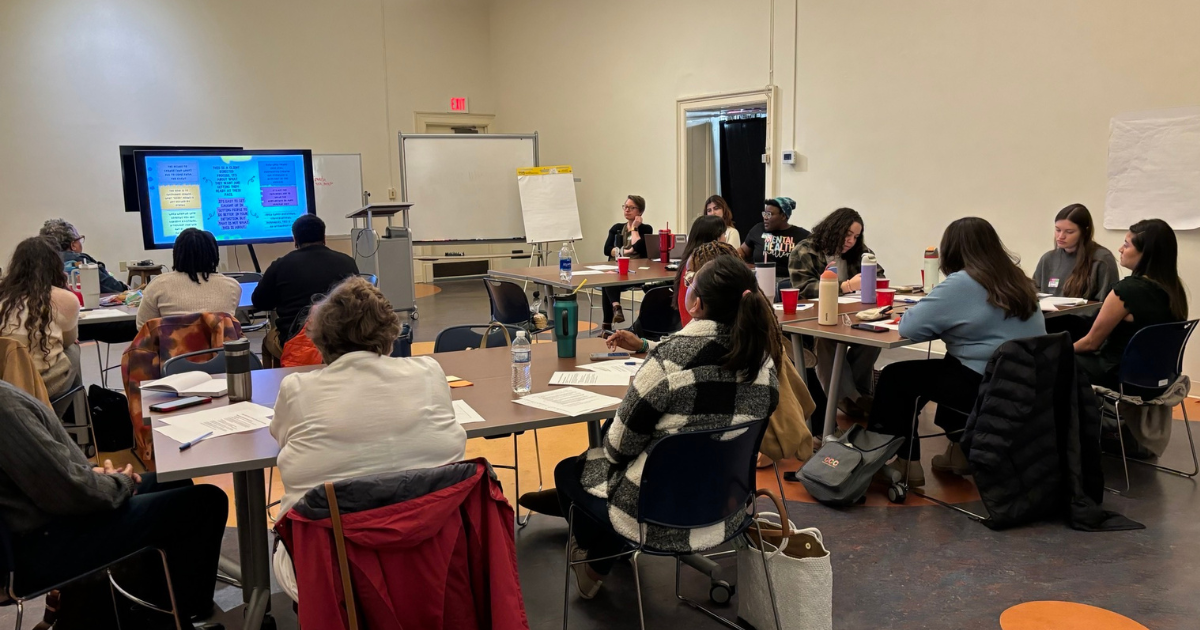
By Frances Marie Pugh
•
21 Mar, 2024
The last week of February, Homeward hosted a series of learning opportunities in a Best Practices in Youth Services Summit. Over two days, GRCoC partners, YAB members, and TA support staff delved into the core competency topics of youth services, Continuous Quality Improvement (CQI), prioritizing joy for young people, and federal grant regulations.
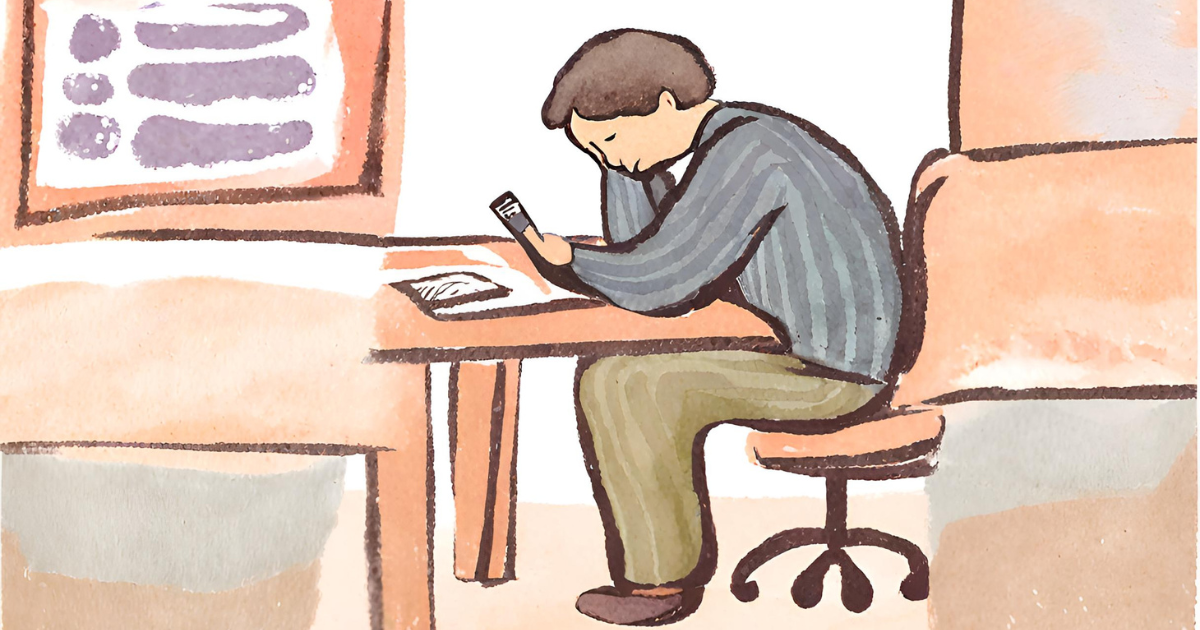
By Kelly King Horne
•
14 Feb, 2024
This post is part of a series that explores the ways in which the Richmond region addresses homelessness and provides context on how our collaborative and regional network operates. You can access other posts in this series on Access Versus Resources , Funding by The Numbers , and Keys to Helping More People .

By Kelly King Horne
•
14 Feb, 2024
This post is part of a series that explores the ways in which the Richmond region addresses homelessness and provides context on how our collaborative and regional network operates. You can access other posts in this series on Access Versus Resources , Funding by The Numbers , and Supporting Frontline Staff .

By Kelly King Horne
•
14 Feb, 2024
This post is part of a series that explores the ways in which the Richmond region addresses homelessness and provides context on how our collaborative and regional network operates. You can access other posts in this series on Access Versus Resources , Keys to Helping More People , and Supporting Frontline Staff .
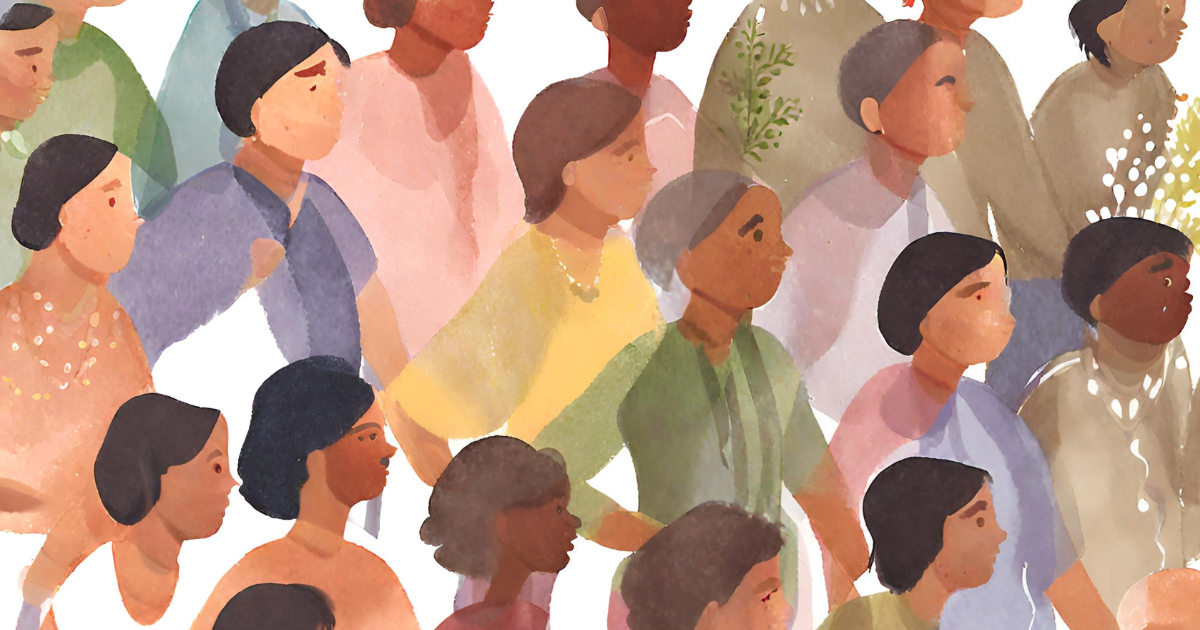
By Kelly King Horne
•
14 Feb, 2024
This post is part of a series that explores the ways in which the Richmond region addresses homelessness and provides context on how our collaborative and regional network operates. You can access other posts in this series on Funding by The Numbers , Keys to Helping More People , and Supporting Frontline Staff.
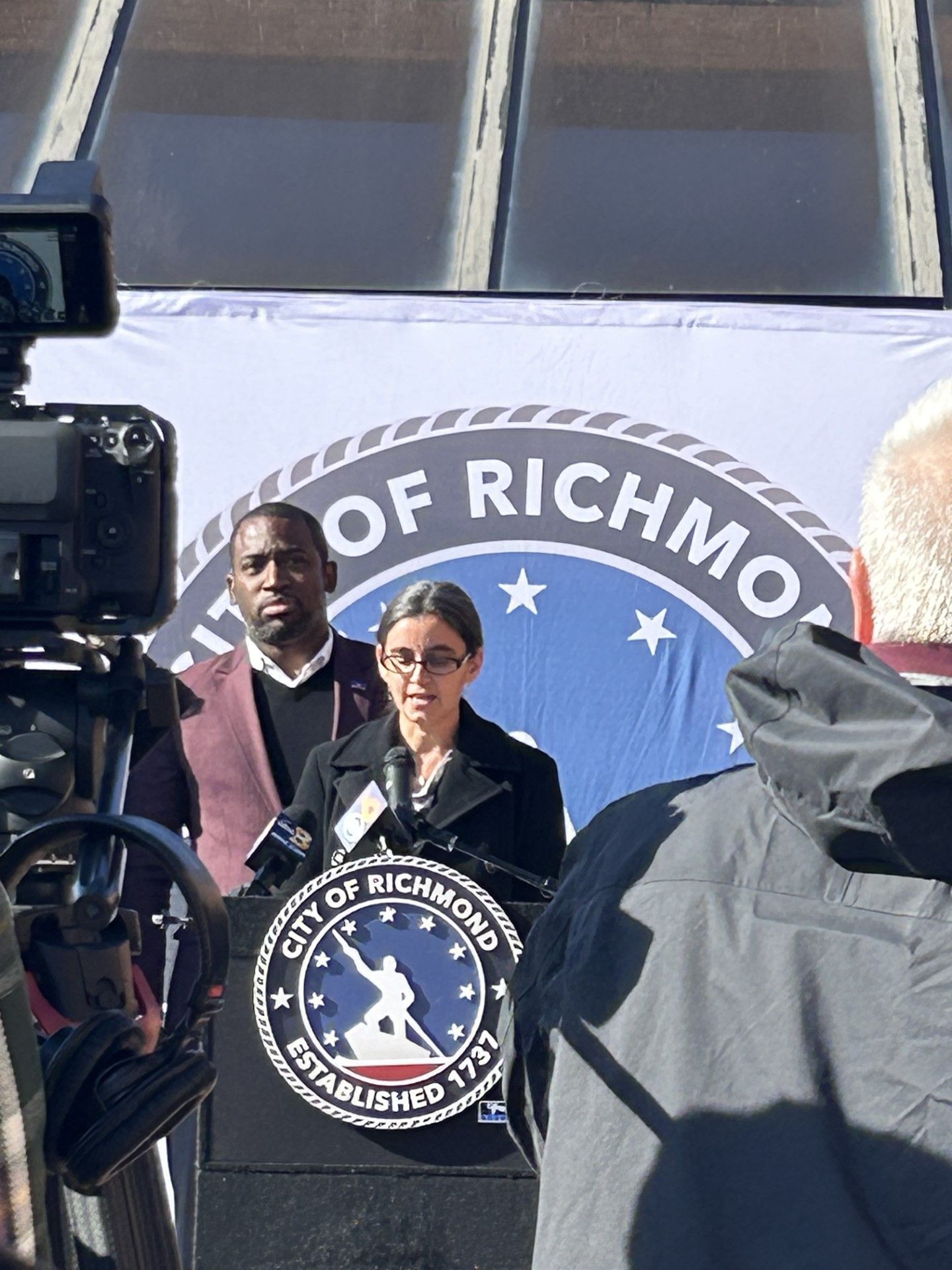
30 Nov, 2023
On behalf of Homeward, we want to thank Mayor Levar Stoney, City Council President Michael Jones, Committee Chair and Councilmember Stephanie Lynch, all of the members of Richmond’s City Council, and the truly dedicated members of the City administration for making this significant and compassionate expansion of homeless assistance available. For 25 years, our community has come together across organizational and jurisdictional differences with a shared goal of reducing the crisis of homelessness.
Every donation counts.
Useful Links
Contact info
info@homewardva.org
If you are within 3 days of losing housing, call The Homeless Connection Line: 804-972-0831 . If you are more than 3 days away from losing housing, call The Housing Resource Line: 804-422-5061
© 2024
All Rights Reserved | Homeward










